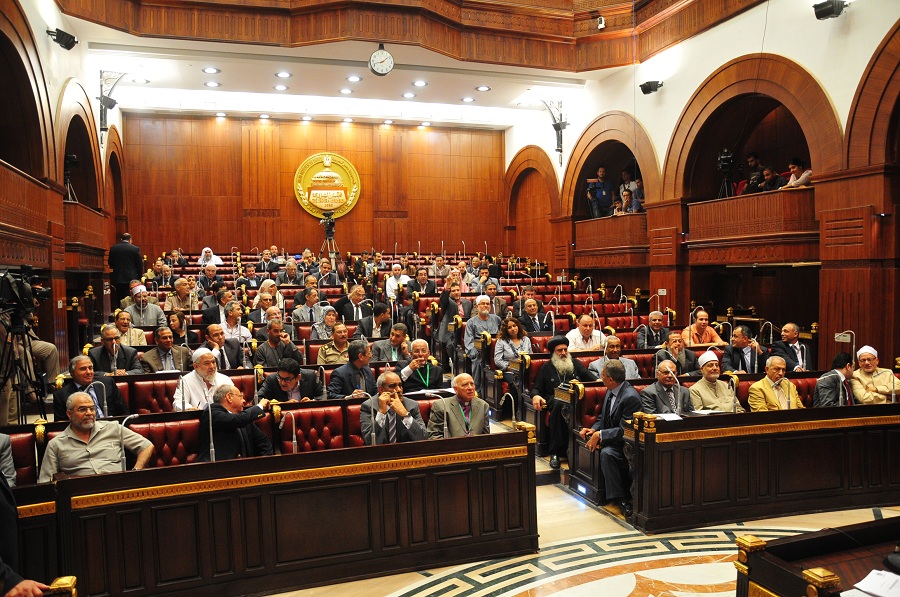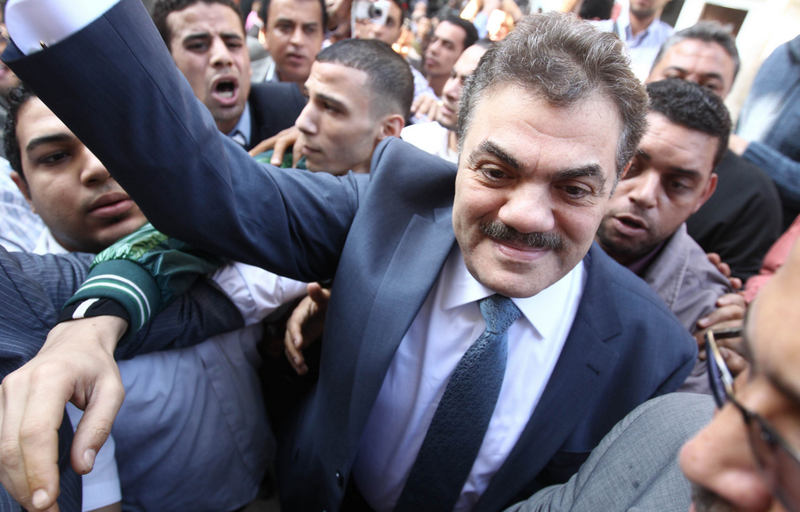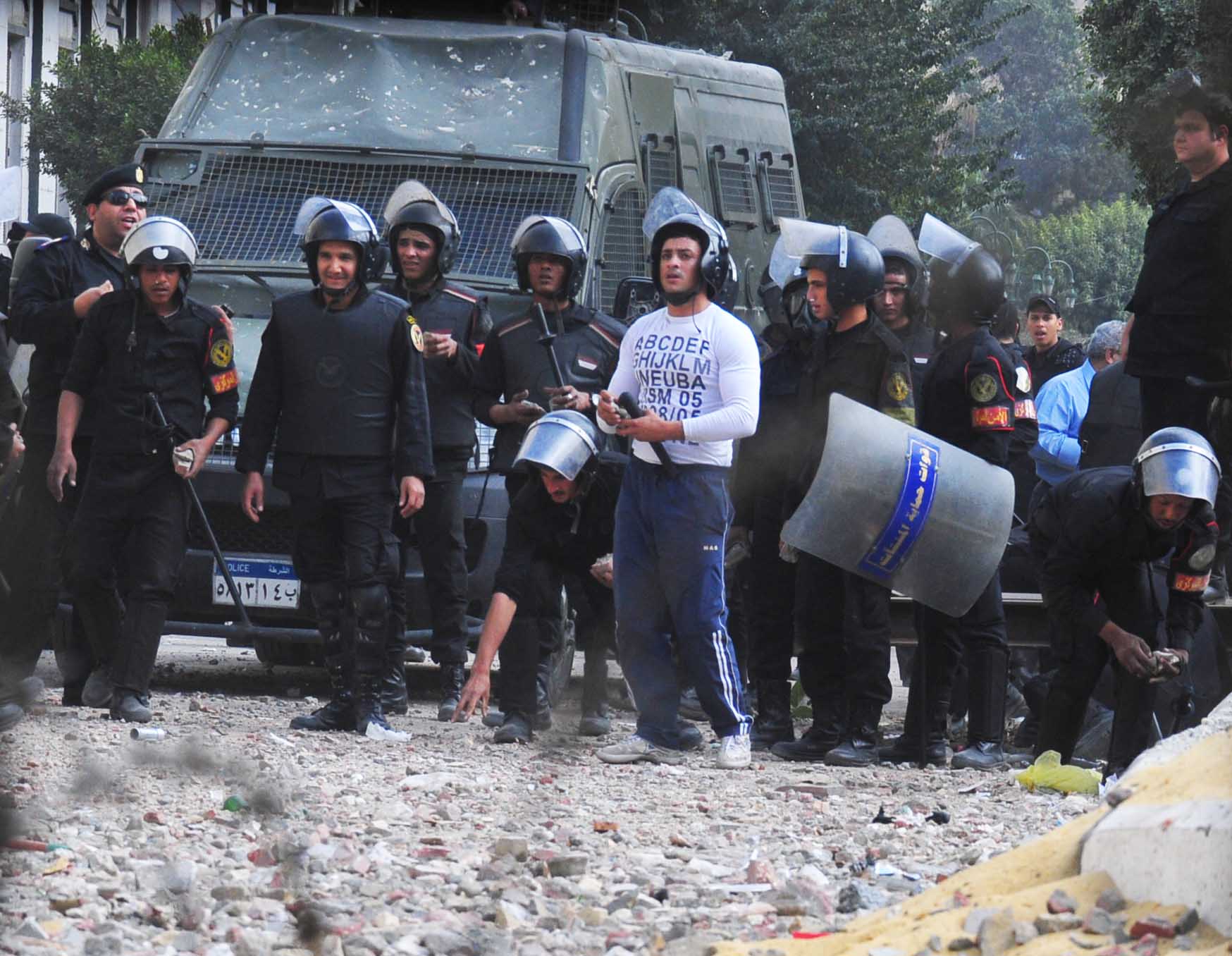Russia has launched a surprise offensive in Ukraine’s northeastern Kharkiv region, opening a new front after concentrating forces in the east this year. The assault, initiated in May, involved thousands of Russian soldiers crossing the northern border, forcing Ukraine to divert troops from other areas to defend positions.
This offensive highlights Ukraine’s vulnerabilities, including insufficient manpower, artillery shortages, and inadequate defensive fortifications. Ukraine’s frontline brigades are struggling to hold their ground as they await munitions and reinforcements from allies.
In the north, the Russian army aims to bring its troops within artillery range of Kharkiv city, Ukraine’s second largest. In the south, the battle focuses on recapturing villages liberated during Ukraine’s counteroffensive last year and pushing further into Ukrainian territory.
Ukraine is racing to address its weaknesses, pledging to fight “house by house, street by street.”
The cross-border assault led to the swift Russian takeover of several villages, followed by intensified attacks to seize key settlements like Vovchansk and Lyptsi. Capturing Lyptsi, located approximately 30 kilometres north of Kharkiv, would enable Russian artillery to target the city, already vulnerable to missile attacks.
This offensive serves to divert Ukrainian resources from other fronts and create a buffer zone against Ukrainian attacks on Russian border regions, such as Belgorod. Before this, Russia had focused on the east, where it had been making incremental gains since October 2023. Capturing the eastern industrial heartland, known as the Donbas, remains a key objective.
In February, Russian troops captured Avdiivka, a significant success along the eastern front. Ukrainian President Volodymyr Zelensky attributed the withdrawal to saving soldiers’ lives in the face of overwhelming Russian bombardment. Russian forces have since progressed westward towards Pokrovsk, a vital military hub.
Further north, the eastern city of Bakhmut was recaptured by Russia last spring after a protracted battle. Russian forces are now advancing west towards Chasiv Yar, aiming to control the high ground to approach the strategic city of Kramatorsk.
Southeast of Zaporizhzhia, one of the few areas where Ukraine achieved modest success in last summer’s counteroffensive, Ukrainian forces are under pressure. Both Russian military bloggers and Ukraine’s DeepStateMap report minor Russian advances into recaptured Ukrainian territory.
The battle for Robotyne, a destroyed village that has changed hands multiple times, exemplifies the war’s fluid nature, with brutal battles fought over often abandoned settlements.
Western nations permit Ukraine to strike targets in Russia, sparking nuclear concerns
In a significant policy shift, Germany has joined several NATO members in allowing Ukraine to use German-supplied weapons against targets within Russia’s borders. This move comes as the United States and other NATO countries gradually ease restrictions on their military aid, granting Ukraine greater flexibility in countering Russian attacks.
However, Russia has condemned this development, with the Russian embassy in Cairo warning of direct Western involvement in the conflict and the risk of nuclear escalation.
The embassy highlighted the potential for nuclear-capable aircraft like the F-16 to be deployed, raising concerns about the difficulty of distinguishing conventional from nuclear warheads.
Key Western leaders support this policy shift. French President Emmanuel Macron argued that Ukraine should be able to target specific Russian military sites, while Poland and Denmark have also authorised the use of their weapons against Russian targets. The Pentagon confirmed earlier authorization for Ukraine to attack targets within Russia but maintains a ban on certain long-range weaponry.
The Russian embassy in Cairo has warned that “the West has declared its direct participation in the war against Russia, with a clear potential to escalate into nuclear warfare.” The embassy further cautioned that continued attacks on Russian territory could lead to retaliatory strikes against the United States and its allies.
Russian Foreign Minister Sergey Lavrov echoed these concerns, expressing hope that joint Russian-Belarusian nuclear drills would deter NATO members. However, he suggested that the West could accelerate a political resolution by halting arms deliveries to Kyiv.
NATO chief Jens Stoltenberg downplayed the risk of escalation from Moscow after the United States authorised Ukraine to use American weapons to target sites within Russia. Previously, Russian President Vladimir Putin had threatened “serious consequences” if Western countries allowed Ukraine to strike targets within Russia.




